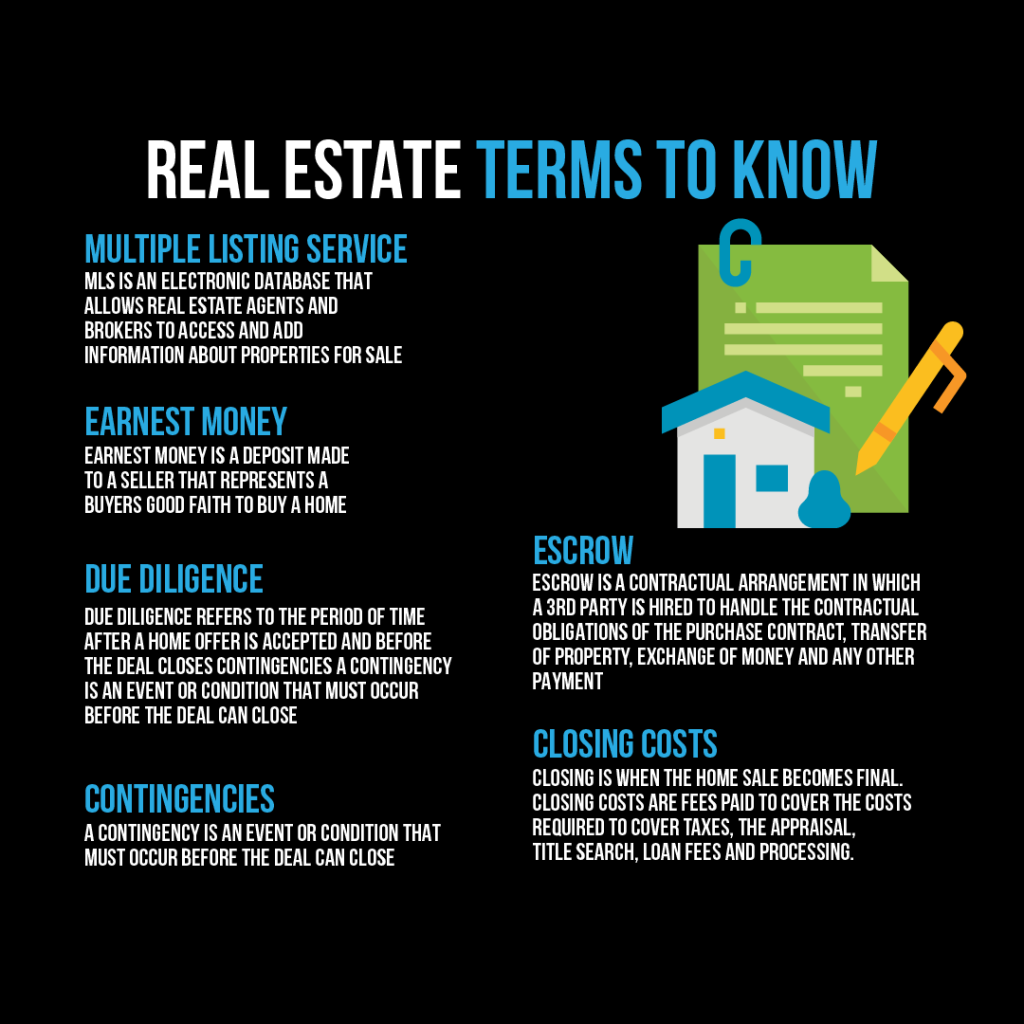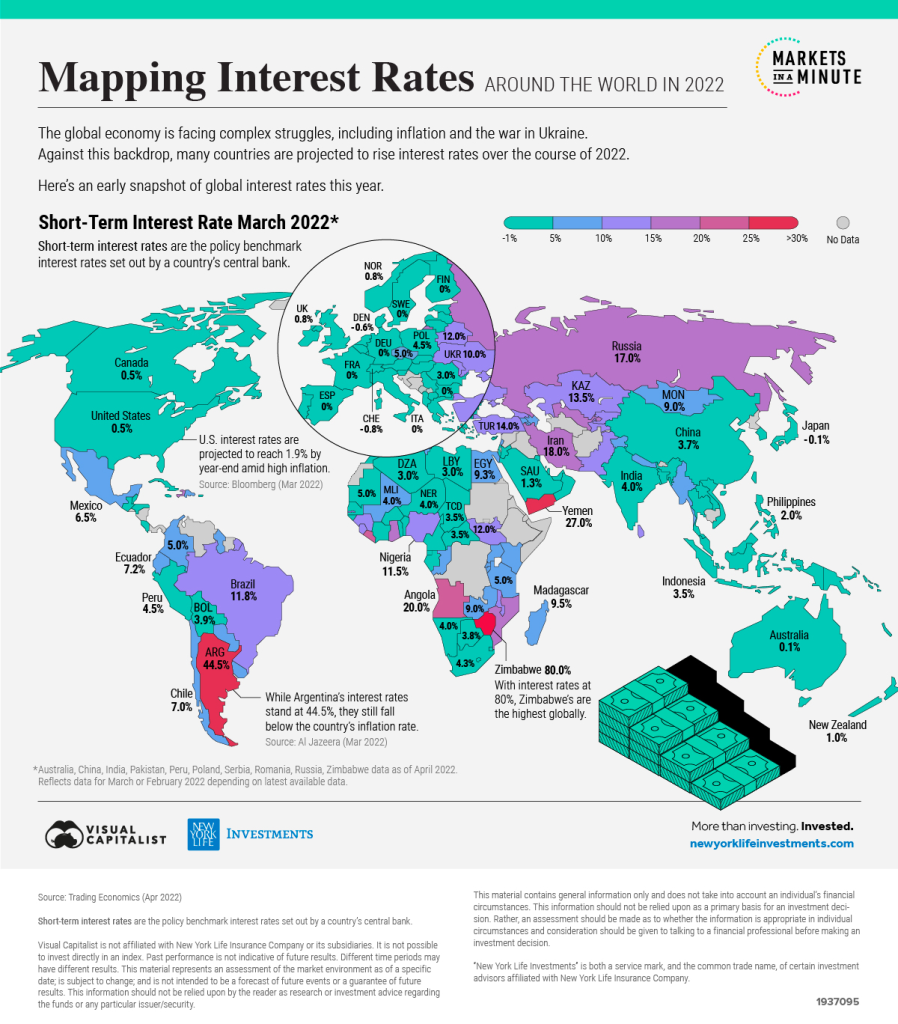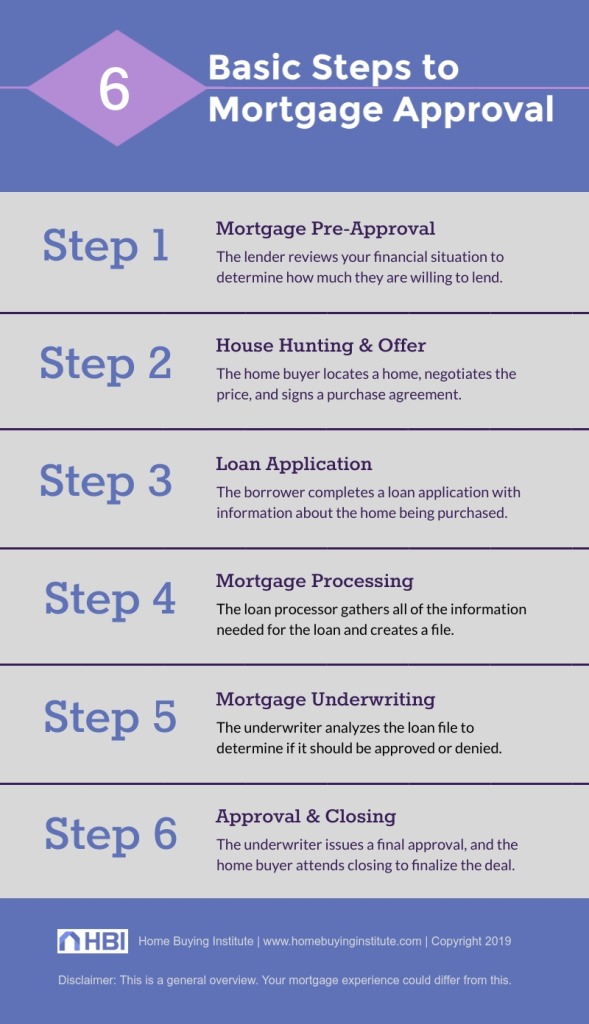Globaler Inhalt: Traditionelle Methoden zur Suche nach Anlageimmobilien weltweit
Lesson Learning Objectives:
- Discover Traditional and Off-Market Strategies Worldwide: Learn how to find properties using global real estate websites, auctions, networking, Und direct outreach, helping you identify great opportunities before others.
- Understand the Value of Working with Professionals: Real estate agents and wholesalers offer expert knowledge, early access to listings, and negotiation skills that support successful property deals.
- Conduct Smart Due Diligence: Gain the skills to inspect a property’s structure, legal status, Und rental income potential to reduce risks when investing in unfamiliar markets.
- Compare Global Financing Options: Understand how traditional mortgages, private loans, Und seller financing work across different countries, and how interest rates vary worldwide.
- Learn How to Qualify for International Mortgages: You will be guided through the steps for mortgage approval, the documents required, and how to navigate foreign investment rules, especially as a non-resident.
A. Traditional Methods for Finding Investment Properties Globally
Globally, traditional methods for finding real estate opportunities include browsing listings, attending auctions, and working with real estate professionals.
Common Global Methods:
- Real Estate Portals: Websites like Zillow (U.S.), Domain (Australia), and MagicBricks (India) offer comprehensive listings for buyers and investors.
- Real Estate Auctions: In markets like the United States Und Australien, real estate auctions provide opportunities to purchase properties, often at discounted prices.

Figur: Global Distribution of Barnes International Realty Offices
Beschreibung
This map highlights the global network of Barnes International Realty offices, with a strong presence in Europe and selected locations in North America, North Africa, and parts of Asia. The red markers identify office locations, primarily concentrated in major cities and luxury property hubs. Europe features the highest density of offices, particularly in France, the United Kingdom, and Switzerland, reflecting the firm’s focus on affluent real estate markets. The map provides a visual representation of the company’s reach in catering to an international clientele seeking premium real estate services.
Wichtige Erkenntnisse:
- Barnes International Realty has an extensive European presence, aligning with its focus on luxury markets in key cities such as Paris, London, and Geneva.
- The company’s footprint extends beyond Europe, with offices in North America (e.g., United States), North Africa (e.g., Morocco), and parts of Asia.
- The clustering of offices in affluent regions reflects the firm’s specialization in high-end real estate markets and services tailored to international buyers.
Application of Information:
This map is valuable for individuals seeking luxury real estate services or those interested in understanding Barnes International Realty’s global coverage. Investors or buyers looking for premium properties can identify the firm’s key operational areas, enabling more informed decisions when selecting a partner for international property transactions.
B. Off-Market and Non-Traditional Methods for Finding Properties Globally
Globally, off-market properties and non-traditional methods such as direct outreach and networking can help investors find properties before they are publicly listed.
Off-Market Methods Globally:
- Networking: In markets like Dubai Und New York, connecting with local investors, property managers, and brokers can lead to exclusive off-market deals.
- Direct Outreach: Sending letters to property owners in Kanada oder Australien who may be interested in selling can uncover hidden investment opportunities.
C. Working with Real Estate Agents and Wholesalers Globally
I. Benefits of Working with Professionals Globally
Immobilienmakler:
Agents provide access to market insights, early listings, and negotiation expertise in markets like Singapore Und Los Angeles.
Wholesalers:
Wholesalers globally focus on finding distressed properties. In markets like Brazil oder South Africa, wholesalers often sell properties below market value.
Figur: 6 Tips on Selecting a Real Estate Agent
Beschreibung:
This infographic outlines six key tips for selecting the right real estate agent, emphasizing qualities that are crucial in handling luxury real estate transactions. The tips include assessing the agent’s experience in managing high-value sales, evaluating their market knowledge and ability to provide insightful answers, and ensuring they have strong negotiating skills to maximize client value. The graphic also highlights the importance of checking references, seeking agents with community and national affiliations, and choosing representatives from globally recognized firms, such as Sotheby’s International Realty. These qualities are essential to ensure professional and efficient service in the competitive real estate market.
Wichtige Erkenntnisse:
- Experience is critical for navigating the complexities of luxury real estate transactions.
- Market knowledge ensures the agent can provide informed advice and answers about current trends.
- Strong negotiating skills are necessary for securing the best deals for clients.
- References validate the agent’s track record and reliability.
- Community and national affiliations help agents stay connected with opportunities and networks.
- Representing a globally recognized firm ensures credibility and access to high-end clients and properties.
Application of Information:
Understanding these tips helps buyers and sellers choose real estate agents who can deliver excellent results, especially in high-value markets. By focusing on experience, market expertise, Und strong affiliations, clients can ensure they have a capable representative who maximizes the value of their investments and facilitates smooth transactions.
D. Due Diligence and Property Inspections Globally
I. Importance of Due Diligence Globally
Global investors need to conduct due diligence to evaluate a property’s physical condition, rental income potential, and legal standing.
1. Evaluating Property Condition
A detailed property inspection is crucial for assessing any repairs or upgrades needed:
- Structural Integrity: Ensure the building’s foundation, roof, and overall structure are sound, especially in disaster-prone regions.
- Systems Check: Inspect plumbing and electrical systems, particularly in older buildings.
- Building Codes: Verify the property complies with local regulations, especially in historical cities.
Best Practice: Hire a local property inspector and get repair estimates from local contractors.
2. Assessing Rental Income Potential
Assess local rental market conditions, tenant demand, and property management needs:
- Marktbedingungen: Evaluate vacancy rates and rental prices. Consider demand, especially in tourist or business hubs.
- Tenant Pool: Understand the local demographics to anticipate rental demand.
- Management Costs: Factor in property management expenses, especially if investing abroad.
Best Practice: Research comparable properties and plan for seasonality in tourism-heavy regions.
3. Verifying Legal Standing
Ensure the property has clear ownership and complies with local laws:
- Title Search: Confirm the property is free from liens or disputes.
- Zoning Laws: Verify if the property’s intended use complies with local zoning laws.
- Environmental Regulations: Check for any environmental restrictions on the property.
Best Practice: Hire a local lawyer to handle title searches, zoning, and compliance with legal standards.
II. Property Condition and Repair Needs
Globally, property inspections help investors assess whether a property requires repairs. In markets like the U.S. Und Australien, professional inspections can reveal issues with plumbing, structure, or wiring.
E. Financing Options for Real Estate Investments Globally
Globally, real estate investors have access to a wide variety of financing options. While traditional bank mortgages are common, alternative financing options are increasingly popular in countries where banks may not offer favorable terms or for foreign investors who may face more stringent requirements.
Common Global Financing Options:
- Traditional Mortgages: In markets like the U.S., Kanada, Und Australien, banks offer long-term financing for real estate investments. Investors can typically secure loans with fixed or variable interest rates, with down payment requirements ranging from 10-30% based on risk profiles and the location of the investment.
- Private Lenders: Private lending is a common option in markets like Brazil Und South Africa, where traditional financing may be limited or come with stricter requirements. Private loans typically have higher interest rates but fewer restrictions on qualification.
- Seller Financing: In some markets like Mexico Und Thailand, investors can negotiate seller-financing agreements directly with property owners, which allow them to pay for the property over time without using a traditional bank loan.
Tips for Global Investors:
- Explore Government Incentives: Many countries offer incentives or tax breaks for real estate investments, particularly in emerging markets or in urban renewal projects. For example, Singapore offers incentives for green building developments.
- Leverage Local Expertise: When investing internationally, it’s crucial to work with local financial advisors or mortgage brokers to understand the best financing options and comply with local laws.
Figur: Mapping Interest Rates Around the World in 2022
Beschreibung:
This map visualizes the short-term interest rates globally as of March 2022, providing a snapshot of central banks’ policy benchmarks. Countries are color-coded based on their interest rates, ranging from negative to extremely high. Notable highlights include Argentina with a staggering 44.5%, Zimbabwe leading at 80%, and countries like Japan and Switzerland maintaining negative or near-zero rates. Developed nations like the United States (0.5%) and European countries such as France and Germany (0%) are seen implementing conservative rates. Meanwhile, countries like Russia (17%) and Yemen (27%) show higher rates reflecting unique economic challenges, such as inflation or political instability.
Wichtige Erkenntnisse:
- Interest rates vary significantly worldwide, influenced by factors such as inflation and economic stability.
- Zimbabwe leads with an 80% interest rate, reflecting extreme inflationary pressures.
- Argentina’s rate of 44.5% highlights ongoing struggles with inflation despite high rates.
- Developed economies like Japan and Switzerland maintain negative or near-zero interest rates to stimulate growth.
- The U.S. rate of 0.5% in March 2022 is projected to rise to address inflation concerns.
- Economic instability in regions like Russia (17%) and Yemen (27%) is reflected in elevated rates.
Application of Information:
Understanding global interest rate trends is crucial for investors, as these rates directly impact borrowing costs, currency valuation, and economic growth. Investors can use this information to evaluate potential returns, anticipate monetary policy changes, and assess country-specific risks. By focusing on countries with stable and low interest rates, or high rates with controlled inflation, individuals can optimize investment strategies.
F. How to Qualify for a Mortgage for Real Estate Investment Globally
Qualifying for a mortgage in global markets varies based on the country’s financial system, banking regulations, and investor qualifications. Some countries may have more lenient requirements, while others impose stricter controls on foreign investors.
I. Steps to Qualify for a Mortgage for Global Real Estate Investment
- Prove Financial Stability: In most markets, including the U.S., Australien, Und Singapore, lenders will require proof of financial stability, often through employment records, tax returns, or bank statements. Investors should be prepared to provide detailed documentation of their income.
- Secure a Good Credit Rating: A good credit rating is essential to securing favorable mortgage terms in global markets like Kanada oder the U.S.. International investors may need to provide credit history from their home countries if they do not have an established record in the market they are investing in.
- Down Payment Requirements: Down payments vary by country, with most requiring 20-30%. In markets like Brazil oder Mexico, foreign investors may need to provide a higher down payment, particularly for high-value properties or luxury investments.
- Understand Foreign Investment Rules: Countries like Australien Und Neuseeland have specific rules around foreign ownership of real estate, and investors may face restrictions or additional requirements to qualify for a mortgage. In some cases, foreign investors may only be allowed to purchase certain types of properties, or they may need to obtain approval from government agencies like the Foreign Investment Review Board (FIRB) In Australien.
- Work with International Mortgage Brokers: In global markets, working with an international mortgage broker who understands both the local market and the investor’s home market can streamline the process. These brokers can help navigate foreign investment rules, find the best financing options, and negotiate terms.
- Explore Alternative Financing: In some markets, foreign investors may have difficulty securing traditional financing due to strict lending criteria. Alternative options, such as private lenders or seller financing, may be viable solutions in countries like Thailand oder Indonesia, where banking regulations can be more challenging for non-residents.
Tips for Global Investors:
- Check Local Residency and Tax Rules: Some countries offer better mortgage terms for investors who have obtained residency, either through real estate investment or other means. For example, Spain’s Golden Visa allows investors to gain residency, which may help in securing better loan terms.
- Understand Currency Risk: When investing in foreign markets, consider how currency fluctuations might impact your mortgage repayments. Countries like Turkey oder Argentina may have volatile currencies, which could affect the cost of repaying a mortgage if payments are made in a different currency than the investor’s home currency.
Figur: 6 Basic Steps to Mortgage Approval
Beschreibung:
This infographic illustrates the six key steps involved in the mortgage approval process. It begins with Step 1: Mortgage Pre-Approval, where the lender evaluates the applicant’s financial situation to determine loan eligibility. Step 2: House Hunting & Offer follows, as the buyer searches for a suitable property, negotiates the price, and signs a purchase agreement. In Step 3: Loan Application, the borrower formally applies for the mortgage, providing detailed property information. Step 4: Mortgage Processing involves compiling all necessary documentation by the loan processor to prepare a complete loan file. Next, Step 5: Mortgage Underwriting evaluates the loan file’s details to decide on approval. Finally, in Step 6: Approval & Closing, the lender grants final approval, and the buyer attends a closing meeting to finalize the purchase.
Wichtige Erkenntnisse:
- Der mortgage pre-approval step is critical for determining how much financing a lender will provide.
- A purchase agreement is a key milestone before proceeding with a formal loan application.
- Documentation preparation during processing is vital for smooth underwriting.
- Der underwriting process ensures the borrower meets all lender requirements before final approval.
- Closing marks the conclusion of the process, where ownership is transferred.
Application of Information:
Understanding these steps is essential for anyone seeking to purchase property with a mortgage. It allows individuals to anticipate requirements, prepare necessary documents, Und navigate the process efficiently. Additionally, this knowledge helps prospective buyers avoid delays, improve their financial standing in advance, and communicate effectively with lenders.
Abschluss
Finding real estate investment opportunities, whether in Europe or globally, involves a variety of strategies from traditional methods like online listings and auctions to off-market approaches such as networking and direct outreach. Working with professionals, such as real estate agents and wholesalers, can provide access to valuable resources and off-market deals.
Performing thorough due diligence and property inspections ensures that the property is a sound investment, while understanding the available financing options, both traditional and alternative, helps investors maximize their returns. Qualifying for a mortgage can vary depending on local regulations, and understanding these requirements is crucial for securing the best loan terms, whether you are investing locally or abroad.
Wichtige Unterrichtsinformationen:
- Traditional property search methods, such as browsing real estate portals (e.g., Zillow, Domain, MagicBricks) and attending auctions, are widely used across countries. These methods provide access to many listings, including discounted or unique properties in various global markets.
- Off-market methods—like networking with brokers and property managers or sending direct outreach letters—allow investors to access exclusive deals. These strategies are especially effective in cities like Dubai, New York, Und Sydney, where competition for listed properties is high.
- Real estate agents and wholesalers help investors access on-market and off-market properties, offer local insights, and handle negotiations. Choosing agents with experience, market knowledge, Und global affiliations is especially important in luxury or international markets.
- Global due diligence is essential to evaluate a property’s physical condition, rental potential, Und legal compliance. Inspections help uncover structural or zoning issues, while researching the title and regulations ensures you’re not taking on hidden liabilities.
- Qualifying for a mortgage internationally requires proving financial stability, having a strong credit history, and meeting down payment rules. Understanding residency requirements, foreign ownership regulations, Und currency risks is also critical for global investors.
Schlusserklärung:
By learning how to find, evaluate, and finance properties globally, you’ll be equipped to confidently pursue real estate investments in both established and emerging markets. This knowledge gives you the tools to expand your portfolio internationally with reduced risk and greater clarity.





